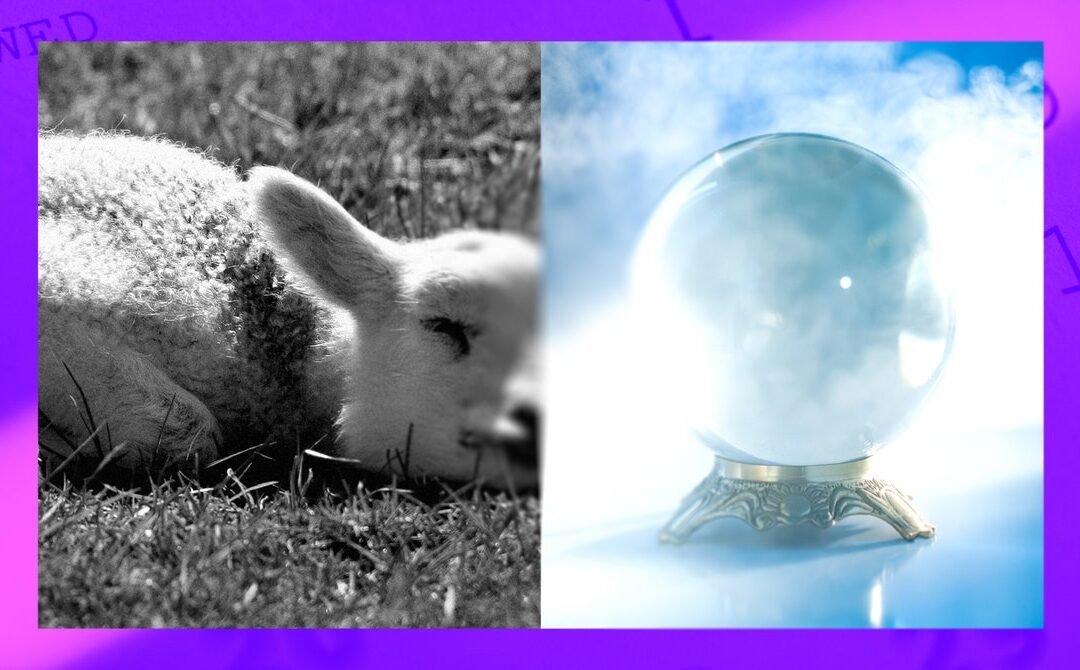
These two issues combined make some angles of exploring the question of human uniqueness in mental time travel a nonstarter. Even in the 2007 issue of Behavioral Brain Science, Suddendorf and coauthor Michael C. Corbalis got pushback, with some arguing that “searching for a yes or no answer to a question about human uniqueness is not a productive way to proceed with research in comparative cognition.”
It’s a convenient setup, though, if you like being right. “If you want to claim that this is uniquely human, then your safest terrain is to do something that’s untestable. If you can’t prove it, how can we ever know?” says Nicola Clayton, a researcher (and dancer) at the University of Cambridge who has spent decades researching mental time travel in corvids like scrub jays, crows, and ravens. For her purposes, Clayton has to set aside this question of internal states. “My approach has always been to look at what we could do with the animals,” she says. “It doesn’t prove anything, but you can’t prove anything in the behavioral sciences. If you want proof, then my advice would be to go study pure mathematics.”
With her approach, Clayton has found that corvids like scrub jays will hide food when another bird is watching—but only if they’ve stolen food from another bird before. In other words, if they’ve been a thief, they think about thieves while they’re caching. Her research has also found that jays understand how fast certain food items decay—worms go bad faster than nuts—and they will return to food stores that are shorter-lived quicker than those they know will last longer. Other research on rats has shown that the animals can remember where their favorite foods were in a maze, and how long they tended to last, and will return to the ones they knew would be around.
Of course, the animals could simply be driven by some kind of instinct, rather than picturing what the future might hold and planning for it. Squirrels, for example, hoard food even if they’re young and have not yet experienced a winter, which suggests that they’re not planning for the future based on past experience. Animals in the lab could just be trained to do the thing scientists want, without really understanding why they’re doing it.
This is known, sometimes, as Morgan’s canon, a rule in psychology put forth by British researcher C. Lloyd Morgan in the late 19th century, which states that animal behavior shouldn’t be interpreted through the lens of higher psychological processes “if it can be fairly interpreted in terms of processes which stand lower in the scale of psychological evolution and development.” Morgan himself later tempered that statement, saying “there is nothing really wrong with complex interpretations if an animal species has provided independent signs of high intelligence.” But often the rule is trotted out to remind researchers not to assume that any species other than humanity is capable of complex thought.
Clayton, and others who believe that animals are capable of thinking ahead, say they don’t believe every animal is plotting its next move based on memory. But some, certainly, do seem to be able to take past memories and turn them into foresight. And Clayton’s work, along with that of others, has managed to convince a lot of former skeptics. About 10 years ago, one of the coauthors of the original paper positing mental time travel as a uniquely human ability, Corballis, changed his mind.

